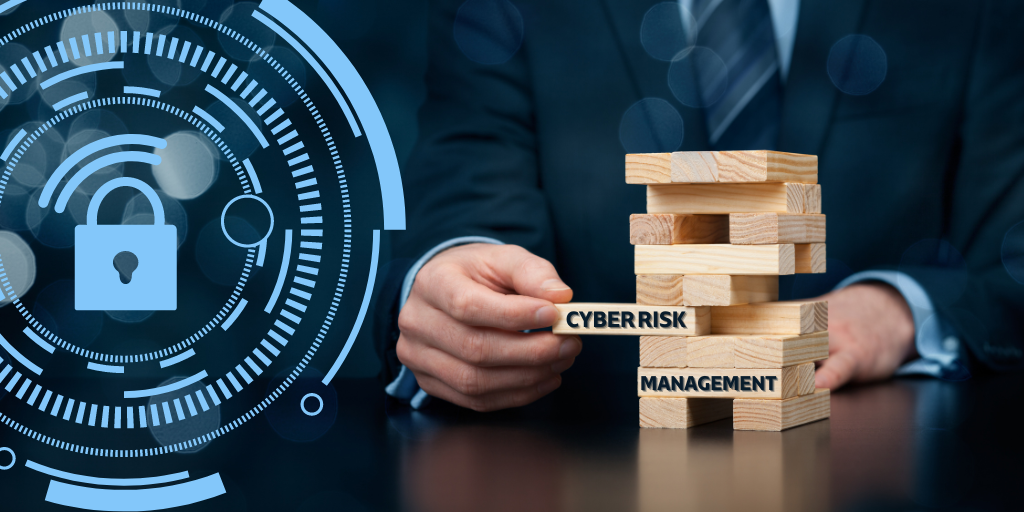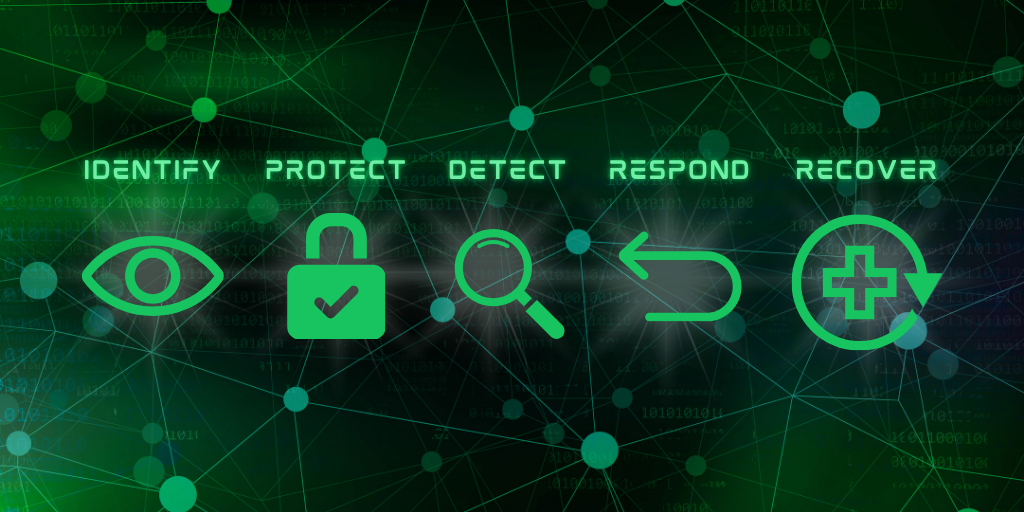Secure Messaging Practices for Small Businesses
Small businesses must prioritize secure messaging to protect sensitive information and maintain customer trust.
2 min read
.jpeg) Michael Markulec
:
Feb 26, 2024 11:01:49 AM
Michael Markulec
:
Feb 26, 2024 11:01:49 AM

Cyber risk management has become a crucial part of overall risk management strategies in the modern world, as organizations rely primarily on technology to drive operations and provide customers. From small startups to large enterprises, organizations of all sizes are increasingly vulnerable to cyber threats that can disrupt operations, compromise sensitive data, and tarnish reputations. But what exactly is cyber risk management, and why is it crucial for businesses?
Cyber risk management, also known as cybersecurity risk management, encompasses identifying, prioritizing, managing, and monitoring risks to information systems. In simpler terms, it's about understanding the potential threats that could harm your digital assets, assessing their likelihood and impact, and implementing measures to mitigate or address them effectively.
The repercussions of a cyber catastrophe can be severe in today's linked world when hazards such as natural disasters, staff mistakes, and cybercriminals loom large. It can lead to financial losses, such as lost revenue and regulatory fines, and it can also inflict long-term damage to a company's reputation. Moreover, with the increasing regulatory scrutiny around data protection and privacy, organizations face additional pressure to safeguard sensitive information and comply with industry standards and regulations.
While it's impossible to eliminate cyber risks, a robust cyber risk management program can significantly reduce their impact and likelihood. Organizations can tailor their cybersecurity measures to align with their business priorities, IT infrastructures, and resource levels by identifying the most critical threats and vulnerabilities facing their information systems.
However, evaluating cyber risk is a challenging task. Companies often need complete visibility into cyber threats, vulnerabilities, and the ever-evolving landscape of risks. This is why leading authorities like the National Institute of Standards and Technology (NIST) advocate treating cyber risk management as an ongoing, iterative process rather than a one-time event. By continuously revisiting and updating their risk management strategies, companies can adapt to new threats and developments in the cybersecurity landscape.
The key to effective cyber risk management involves stakeholders from across the organization. This typically includes executives, IT and security teams, legal and HR representatives, and other relevant departments. By bringing together diverse perspectives and expertise, organizations can ensure that their risk management decisions align with the broader business objectives and priorities.
Various methodologies and frameworks exist to guide organizations in managing cyber risks, such as the NIST Cybersecurity Framework (NIST CSF) and the NIST Risk Management Framework (NIST RMF). These frameworks provide a structured approach to risk framing, risk assessment, risk response, and monitoring, helping companies navigate the complexities of cybersecurity risk management.
Ultimately, cyber risk management matters because it enables organizations to effectively navigate the complex and ever-changing landscape of cyber threats. By proactively identifying and addressing vulnerabilities, organizations can safeguard their assets, maintain customer trust, and demonstrate compliance with regulatory requirements. Investing in robust cyber risk management isn't just a choice—it's a necessity for long-term success and resilience.

Small businesses must prioritize secure messaging to protect sensitive information and maintain customer trust.

In an era of ever-evolving cyber threats, small businesses can adopt the NIST Cybersecurity Framework to achieve robust cybersecurity without...

Phishing attacks are becoming increasingly sophisticated, posing a significant threat to businesses of all sizes. Implementing key strategies can...